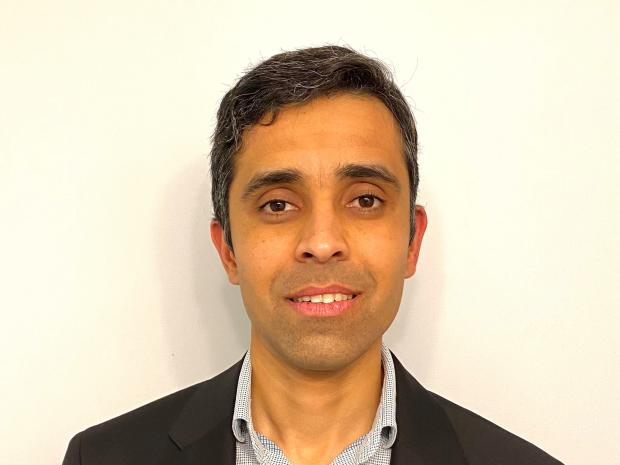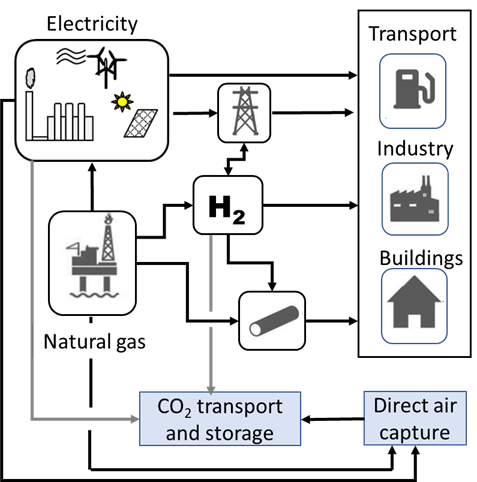A Systems Perspective on the Market and Technological Factors Impacting the Role for H2 in Future Low-Carbon Energy Systems

Speaker
Dharik S. Mallapragada
Principal Research Scientist
MIT Energy Initiative
Abstract
Hydrogen (H2) is increasingly viewed as an important product for economy-wide decarbonization. It is particularly useful for eliminating emissions from end uses where direct electrification remains challenged today, such as high-temperature applications in industry and heavy-duty transportation. Over the past few decades, the versatility of H2, both in terms of production pathways and potential end uses across multiple sectors, has led to waves of interest in a future “Hydrogen Economy”, that has not yet materialized. So, will it happen this time? This talk will focus on exploring the technological and market factors impacting the long-term cost-effectiveness of emerging H2 production and storage technologies and their role in energy systems decarbonization. In the first part, I will discuss the techno-economic outlook, emissions impacts and scalability of commercially available low-carbon hydrogen production options, including low-temperature electrolyzers and natural gas pathways with carbon capture and storage. The analysis of electrolysis routes will highlight the pivotal role of process operational flexibility and dynamic interactions with an increasingly renewables-dominant power system to achieve cost-effectiveness. The second part of the talk will focus on cost-effective development of H2 supply chains to meet demand across multiple sectors and role for enabling technologies. Here, I will showcase the use of multi-vector energy system models to quantify the value and design space of emerging technologies like liquid hydrogen carriers and geologically constrained salt cavern storage.

Bio
Dharik S. Mallapragada is a Principal Research Scientist at the MIT Energy Initiative (MITEI), where he leads the Sustainable Energy Transitions (SET) Group. Dr. Mallapragada’s research focuses on planning and operating resilient, low-carbon energy systems as well as conceptualization, design and integration of emerging energy technologies. In these efforts, the SET group contributes to methodological advancements in data-driven modeling of physical systems, data analytics and optimization, as well as techno-economic and life cycle analysis. Prior to MIT, Dr. Mallapragada spent nearly five years in the energy industry working on a range of sustainability-focused research topics. He recently served as a member of the Massachusetts Commission on Clean Heat, and serves on the advisory committee for the Open Energy Outlook project , a multi-institution effort to create open-source energy systems models and data sets. He also co-leads systems thrust activities at the Center for Decarbonizing Chemical Manufacturing using Sustainable electrification (DC-MUSE), led by NYU. Dr. Mallapragada holds a M.S. and Ph.D. in Chemical Engineering from Purdue University and a B.Tech. in Chemical Engineering from the Indian Institute of Technology, Madras, India. He will be joining the CBE department as an assistant professor in January 2024.

